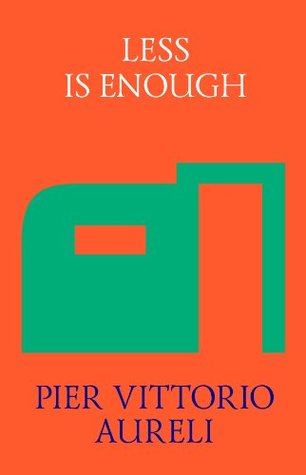Benedictine monasteries were highly productive, becoming centres of power and wealth to the point where the order’s most famous monastery, Cluny, expanded into a city in its own right. Against this, the early Franciscans openly rejected the idea of private property, meaning not just individual possessions but, above all, the possibility of owning the work of others – of owning potential capital, in the form of land or tools. The desire to secure ownership of something is motivated not just by its use but by its potential to become an economic asset, to generate profit. If one refuses ownership
...more
Welcome back. Just a moment while we sign you in to your Goodreads account.


